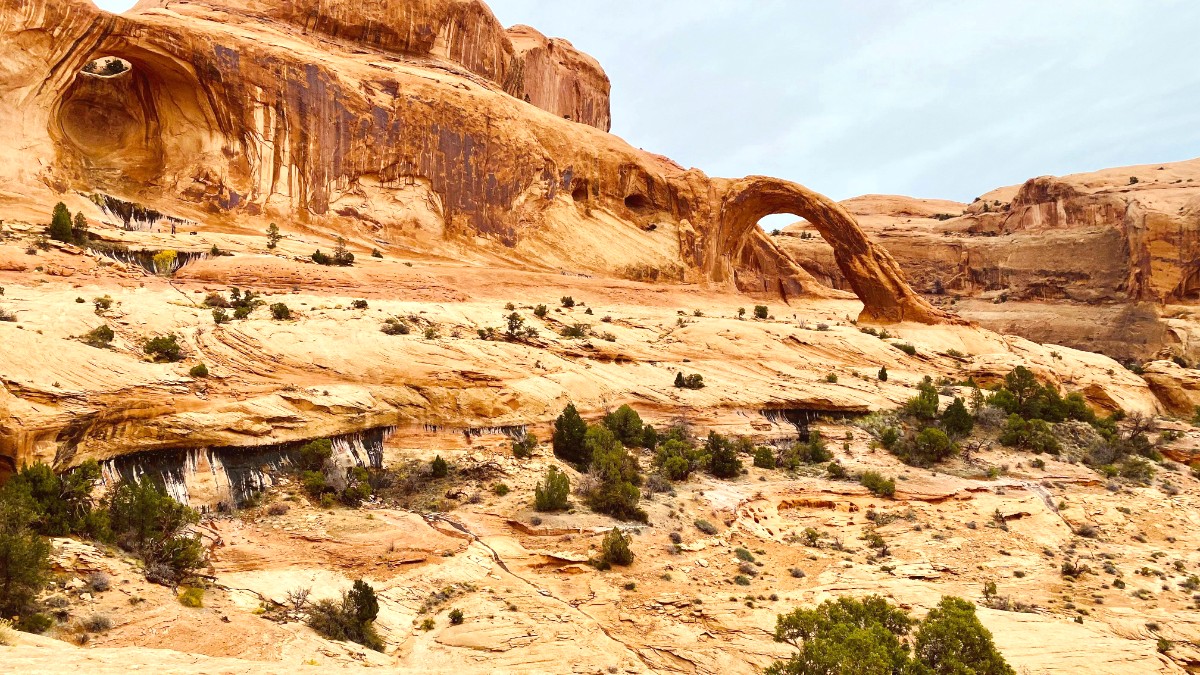
Southwest, USA
Recycling bins are available at the Moab Information Center and solid waste district. Minimize waste by using reusable items.
Moab is a desert environment; water is precious. Take shorter showers and turn off taps. Be mindful of your water footprint.
Consider purchasing carbon offsets for your flights and vehicle emissions to mitigate environmental impact.
Moab's unique desert ecosystem requires careful stewardship from all visitors.
National Parks, State Parks, and BLM lands are protected areas. Strict regulations protect natural and cultural resources.
Choose options that align with environmental preservation.
Choose tour operators that align with responsible travel.
Look for stays that implement sustainable practices.
Seek out local artisan goods. Support local shops that prioritize fair trade practices.
Support conservation at The Rainforest SiteChoose tour operators that adhere to Leave No Trace principles and contribute to conservation.
Find responsible tours on GetYourGuidePractice these seven principles: plan ahead, travel on durable surfaces, dispose of waste properly, leave what you find, minimize campfire impacts, respect wildlife, and be considerate of other visitors.
Respect for Moab's ancient history and local community forms an important aspect of responsible travel.
Protect the past; do not disturb historical sites.
Engage respectfully with the local population.
Support the local economy and ensure your visit benefits the Moab community directly.
Patronize local restaurants, shops, and tour operators to circulate money within Moab.
Seek out shops selling locally made artisan goods, supporting local artists and craftspeople.
Avoid activities that exploit the environment, wildlife, or local communities. Do not engage in illegal actions.